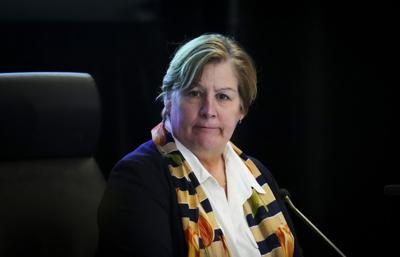OTTAWA - After 18 months of hearings and testimony from more than 100 witnesses, the Commission on Foreign Interference released its final report Tuesday. Here are some of the highlights:
â Commissioner Marie-Josée Hogue found no evidence there are ââtraitorsâ in Parliament plotting with foreign states to act against Canada.â
â She did find the federal government has done a âfar from perfectâ job of sharing information on foreign interference within government itself.
â Efforts by foreign states to control diaspora communities, known as transnational repression, can take the form of âthreats of physical and sexual violence, and even threats to life â¦â
â The government should consider setting up a new agency to monitor open-source information, including social media platforms, for misinformation or disinformation that could undermine elections.
â Canada needs a hotline to allow citizens to report suspected foreign interference.
â The federal government should adopt a âduty to warnâ policy to alert individual Canadians of âcredible threats of serious harmâ coming directly or indirectly from a foreign entity.
â All political party leaders âshould be encouragedâ to obtain Top Secret security clearances.
â Riding nomination and party leadership contests should be brought under the Canada Elections Act, and only Canadian citizens and permanent residents should be allowed to vote in them.
â The government should consider whether it would be appropriate to create âa system of public funding for political parties.â
â All electoral communications distributed during an election period which have been generated or manipulated by AI should be watermarked.
This report by °µÍø½ûÇø was first published Jan. 28, 2025.








































